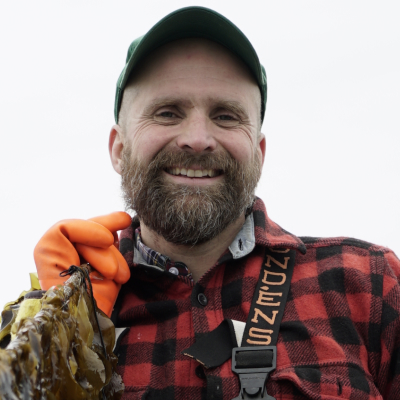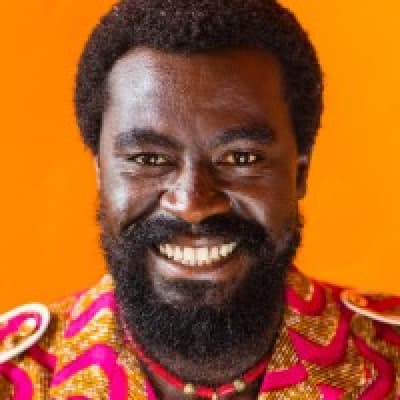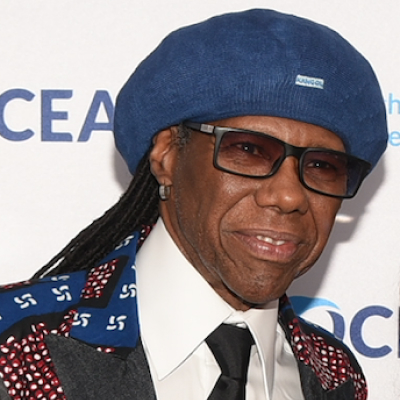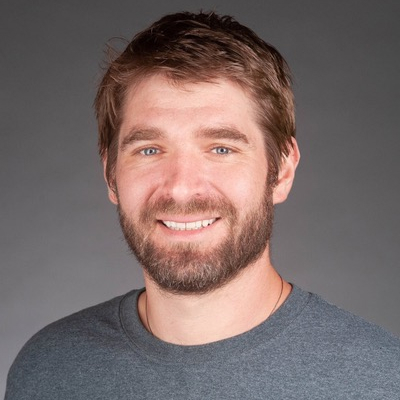In a world where the words ‘sustainable,’ ‘transparent’ and ‘ethical’ seem like this season’s hottest buzzwords, the founders of Project JUST are working to give these words a deeper meaning. “I don’t think transparency is a trend. I think that it’s a new standard,” said Project JUST co-founder Natalie Grillon.
Grillon began her journey towards ethical consumerism while volunteering in the Peace Corps following college. During her service, she worked in West Africa, gaining a deeper understanding of how the aid system works, seeing its innovations and flaws first-hand. Determined to help make positive change in the aid system, Grillon went back to school to earn her MBA after her Peace Corps service had ended. She found symmetry in her personal mission within non-profit impact investing fund, Acumen, and applied for the company’s Global Fellowship. “I thought their work was powerful and exactly the kind of values and mission that I was looking for,” said Grillon.
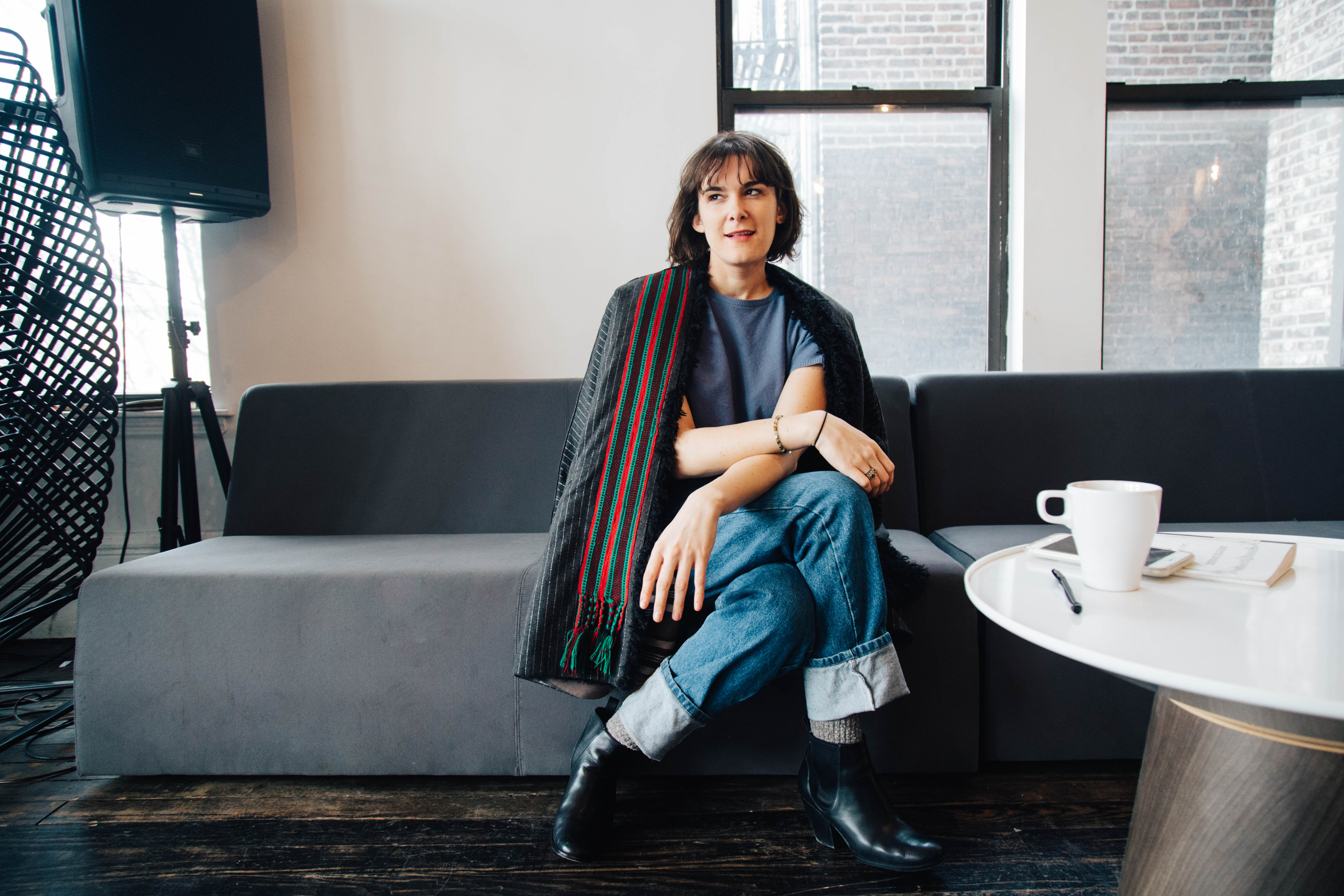
Natalie Grillon via Project Just
While working with Acumen, Grillon worked on the ground at one of its investments, an cotton company in Northern Uganda. For two years, she was able to see the impact of sustainable aid models and the actual impact that they can have on the lives of workers. “I wondered at the time why there weren’t more companies like this–that were really changing lives,” said Grillon.
Grillon met Project JUST co-founder Shahd Alshehail during her time at Acumen. The two found commonality in their dedication to civil service and impact, having both seen the positive impact that a sustainable and ethically responsible clothing company could have in the lives of its workers. They also recognized how disjointed the conversation was around clothing and wanted to share these stories with consumers. They hoped to bring connectivity between the consumer and the story of each garment they purchase—from farming to store shelves.
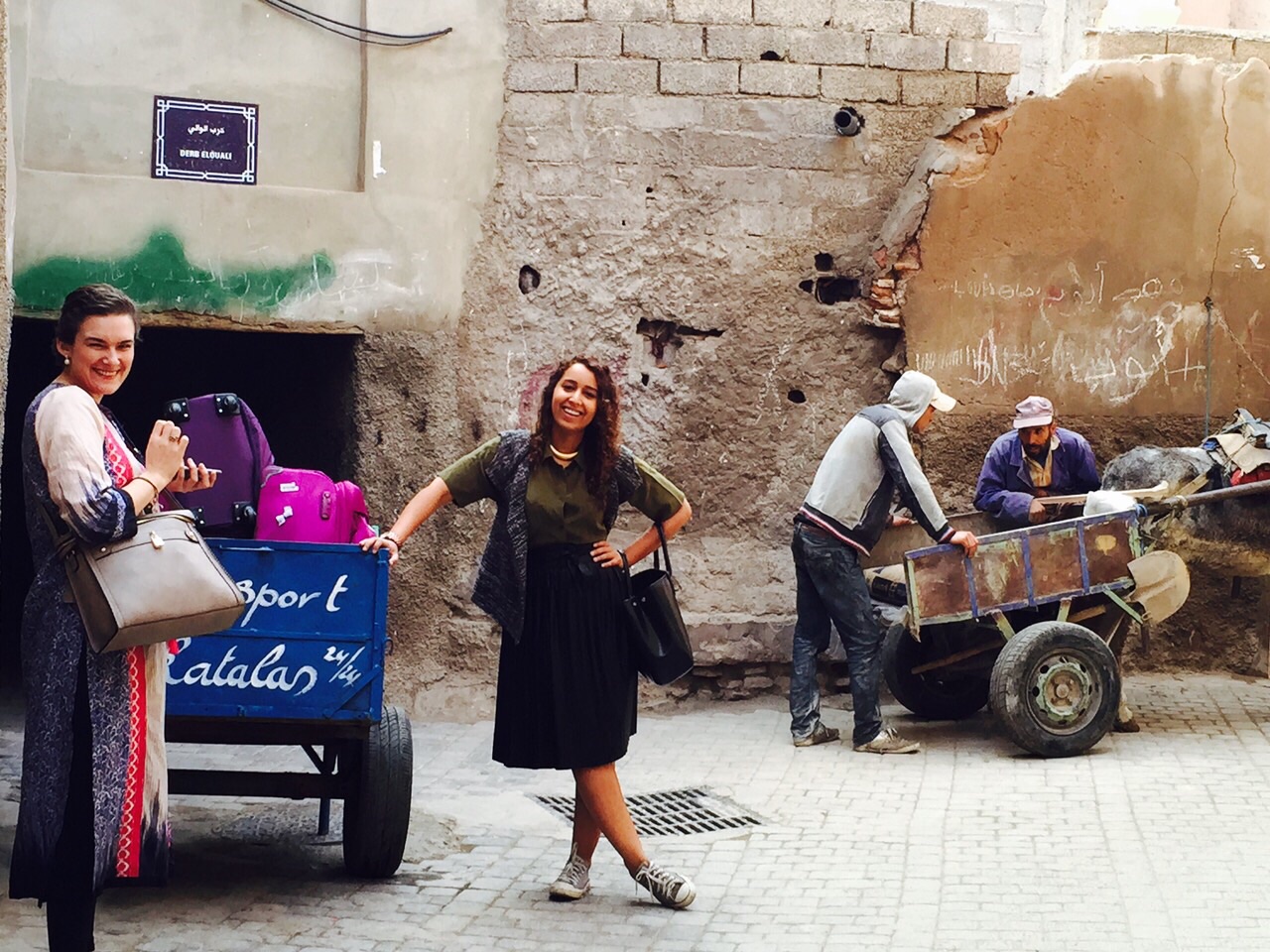
via Project Just
On April 24th 2013, the Bangladesh factory in Rana Plaza collapsed leaving thousands of factory workers dead. The New York Times named the collapse, “the deadliest disaster in the history of the garment industry.” At that moment, Alshehail and Grillon realized that alongside the positive stories they hoped to share, there were also many hidden negative practices that consumers needed to be aware of.
Project JUST was born from urgency to educate and bring awareness to consumers so tragedies like Rana Plaza can cease to exist. “We want to give consumers the information to make empowered decisions,” said Grillon.
Where we direct our dollars matters a lot in terms of what it funds and how it impacts the lives of people that make the product.
The founders of Project JUST created an acting online encyclopedia of sustainable consumerism, including the Project JUST Wiki, which catalogues a number of extensively researched profiles on various clothing companies and their practices. Each profile lists information on the brand’s role in the community, transparency, labor conditions, environmental consciousness, intention, management and sustainable innovations that the brand is putting in place. “We looked at how the consumer interacts with data when making purchasing decisions,” said Grillon. “We’ve grown up with so much marketing that we don’t trust what a brand says. In this information age, we expect information to be available to us.”
The site also includes City Guides, Seal of Approval Shopping Guides and a glossary of terms used within the conversation surrounding sustainability that are resources aimed at streamlining conscious consumerism into a lifestyle. Project JUST also enlists on-the-ground reporting for in-depth brand investigations, including Ivanka Trump, Everlane and Warby Parker in the last year.

via Project Just
The research process starts with a look into the information that the brand has made publically available and then develops into sourcing audit reports, labor association reports and articles that have been written on the brand. The team at Project JUST then assesses the information that was gathered against a rigorous set of questions and standards. “Because there’s a lot of green-washing and negative information out there, we felt it was important to remain objective,” said Grillon. “Objectivity is important in helping the consumer feel like they can trust the information.”
What immediately comes to light when browsing through the sites many brand profiles is the impact of companies’ transparency. “What we like to see is companies giving us as much information as possible about what they do so that we can be a part of that journey and make informed decisions,” says Grillon. “We also like to see companies that are really trying to innovate and push the industry to move more quickly because this is a very urgent situation that we have on our hands.”
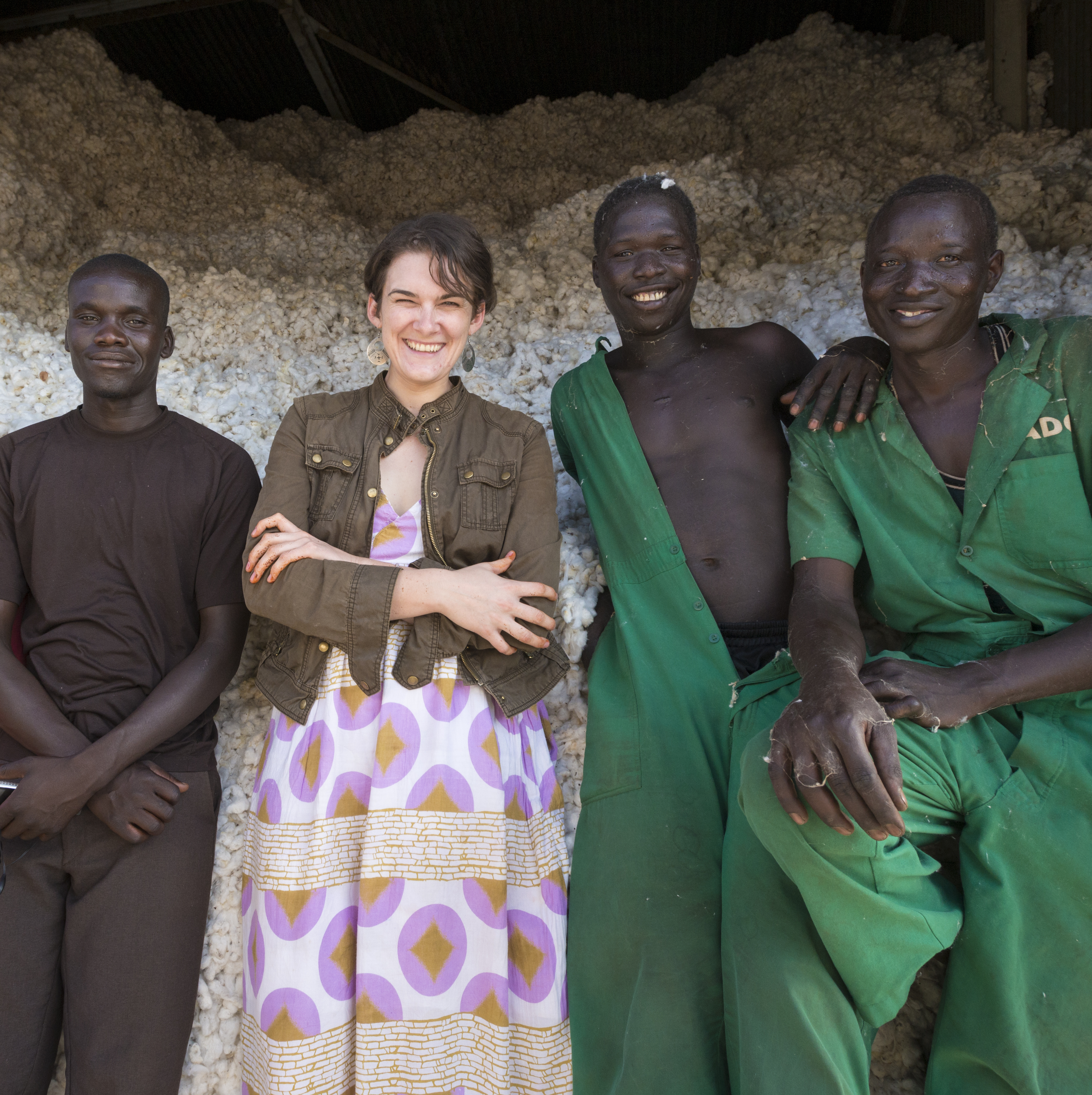
via Project Just
It’s this immediacy that remains at the core of the Project JUST mission. Looking forward, Grillon hopes to broaden its reach to consumers with media and brand partnerships that will allow them to better communicate the work that responsible brands are doing and allow others to learn from their practices. Grillon states,
Every day that a farmer dies because he’s a debtor who couldn’t pay back the money he borrowed to grow cotton; every day that a child goes to work to make our clothing; every day that someone is trafficked to be employed in a factory—that’s a day that passed where we had an opportunity to the right thing.



